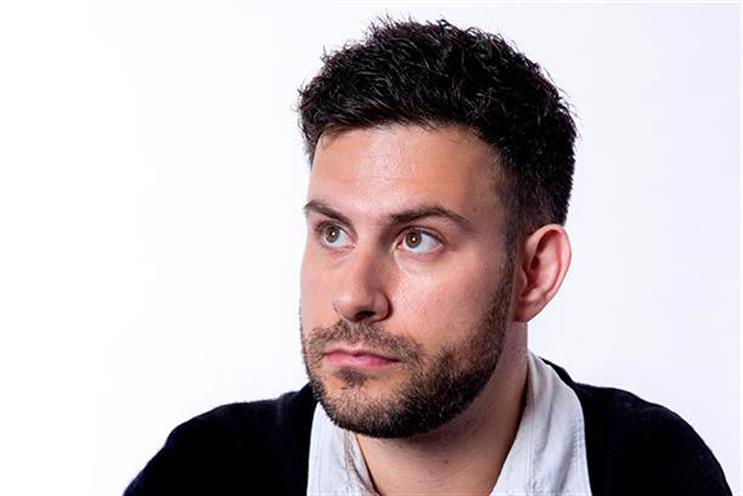Facebook founder Mark Zuckerberg’s sudden conversion to the merits of privacy on social media is rather like Donald Trump joining the Women’s Equality Party.
This is a man who, at the tender age of 25, told the industry in 2010 that privacy was .
This is a company whose last weekend after a series of leaked documents revealed how it has sought to bully governments into not passing data privacy laws.
And, when faced with massive privacy breaches coming to light, such as last year’s Cambridge Analytica debacle, Facebook’s response has been underwhelming at best.
So for Zuckerberg to suddenly pronounce Facebook is going to bring in a swathe of policies to safeguard users’ privacy, it tells you that the penny has finally dropped: the threat of regulating social media is real.
It has taken a wave of scandals to bring this to the public eye and, to its credit, the UK’s Digital, Culture, Media and Sport Select Committee has played a leading role in holding Facebook and others to account.
Facebook hinted as much in its response to last month’s scathing report by the committee: "We are open to meaningful regulation," it said.
Now, we all say things in our youth that we regret later in life and Zuckerberg, like any public individual, should be given credit for changing his mind.
The problem is, however, that Zuckerberg has shown little evidence since founding Facebook in 2004 that privacy concern is in his DNA.
Instead, Zuckerberg has shown the same aloofness about privacy that plagues millennials and it’s easy to see why. This is the world’s first digital-native generation, who have grown up in a culture in which casual surveillance has become normalised.
From the endless stream of reality TV shows like Big Brother and Love Island, to the veneration of social media popularity that has given rise to influencer marketing, young people are too often valued by how much privacy they are willing to give up in order to become legitimate users of social media.
Marketers have inevitably seized on this opportunity to use such rich Facebook data in order to target consumers in more sophisticated and comprehensive ways. But how many have challenged Facebook, privately or publicly, on on its legacy of data harvesting?
Indeed, Facebook is likely to take a financial hit if, as Zuckerberg seems to suggest, platform-wide encryption limits the platform’s ability to offer targeted ads.
But this is the least it should do. There is no preordained right for Facebook to exist and Zuckerberg would be wise to involve democratically elected governments from the outset in building a privacy-conscious social network, rather than fight it at every turn.
Hopefully more and more millennials will take Zuckerberg's lead and start to take privacy seriously in their own social media usage.



